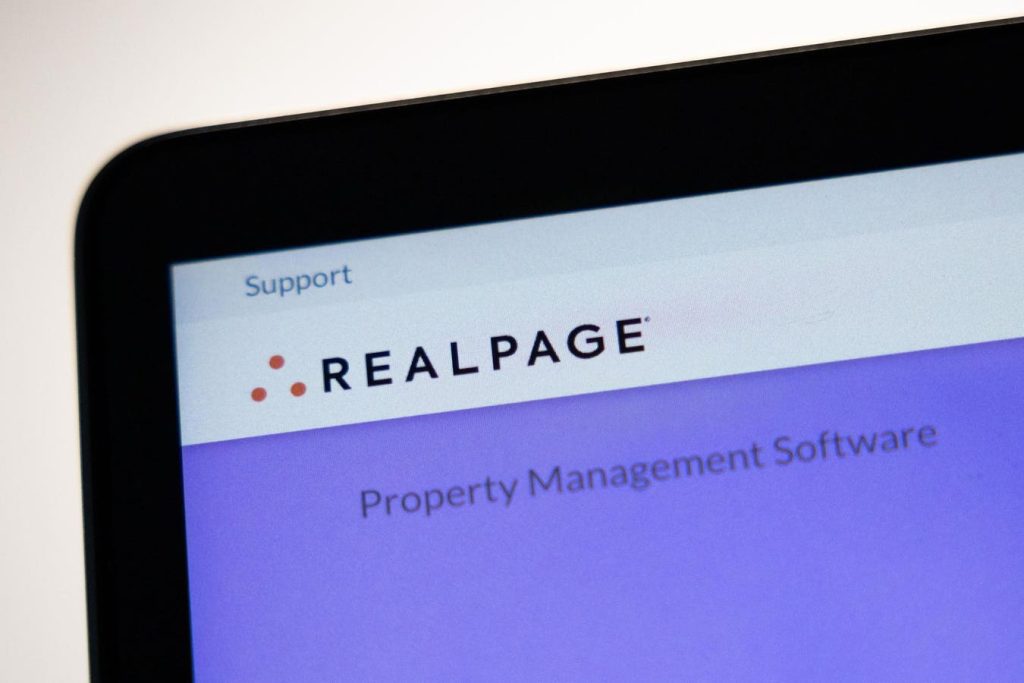Rental Optimization Software Under Scrutiny: Are Algorithms Driving Up Rent Prices?
The Department of Justice (DOJ) has initiated legal action against several real estate technology vendors, alleging that their pricing optimization software facilitates collusion among landlords, leading to inflated rents and reduced competition. This software, often powered by artificial intelligence, analyzes vast datasets of rental market information to recommend optimal pricing strategies. The core of the DOJ’s argument centers on the concept of "concerted action," where seemingly independent landlords effectively coordinate their pricing decisions through the use of shared algorithms, diminishing the dynamism of a competitive market.
This emerging legal battle focuses on the potential for these sophisticated algorithms to stifle competition. Traditionally, landlords set rents based on factors like local market conditions, property amenities, and individual unit characteristics. The introduction of advanced pricing software has shifted this landscape. These programs, marketed as tools to maximize revenue, analyze data across multiple properties and markets, providing landlords with insights into competitors’ pricing strategies. The DOJ argues that this shared information effectively enables landlords to coordinate rent increases, minimizing the risk of losing tenants to lower-priced alternatives. This coordinated action, they argue, deprives the market of independent decision-making and restricts consumer choice.
RealPage, a prominent provider of such software, is at the center of this ongoing legal debate. The company boasts that its AI-driven pricing software can outperform the market by 2% to 5%, raising questions about whether these gains come at the expense of fair competition. While RealPage maintains that its software merely provides recommendations and that landlords retain ultimate control over pricing decisions, the DOJ contends that the system incentivizes landlords to adopt the software’s suggestions, creating a de facto system of coordinated pricing. The government argues that rejecting the software’s recommendations is both difficult and cumbersome, effectively nudging landlords towards adopting the suggested prices.
The White House Council of Economic Advisors (CEA) has weighed in on the issue, estimating that these pricing algorithms have contributed to an average rent increase of $70 per month, representing a 4% increase and a collective cost of $3.8 billion to renters in 2023. The CEA further suggests that this figure likely underestimates the true cost, highlighting the potential for substantial financial burden on renters. This concern is particularly acute given the existing challenges of affordable housing in many markets. The CEA acknowledges that in a truly competitive market, these algorithms could enhance efficiency by enabling landlords to respond dynamically to market conditions. However, the potential for misuse and the resulting harm to competition outweigh this potential benefit, in their view.
RealPage vehemently denies the allegations, asserting that its customers set their own rents and are never penalized for deviating from the software’s recommendations. The company emphasizes that the software’s suggestions encompass a range of options – raising, lowering, or maintaining current prices – all tailored to individual property objectives. Furthermore, RealPage contends that the data used in its software is anonymized and aggregated, preventing landlords from gaining specific insights into competitors’ pricing strategies. This aggregation, they argue, complies with antitrust laws by preventing direct collusion. They also dispute the government’s estimate of the number of units using their software, claiming it is significantly lower than alleged.
The legal battles surrounding rental pricing algorithms are complex and multifaceted, with significant implications for the rental market. The central question revolves around the balance between leveraging technological advancements to optimize pricing strategies and safeguarding fair competition to protect consumers. The outcome of these cases will likely have a lasting impact on how rental pricing is determined, potentially reshaping the relationship between landlords, renters, and the technology that governs their interactions. Renters, in particular, should closely follow these developments, as the outcome could significantly influence their future housing costs and the availability of affordable housing options. The ongoing legal proceedings will determine whether these algorithms are tools for efficiency or instruments of collusion, ultimately shaping the future of the rental market.










